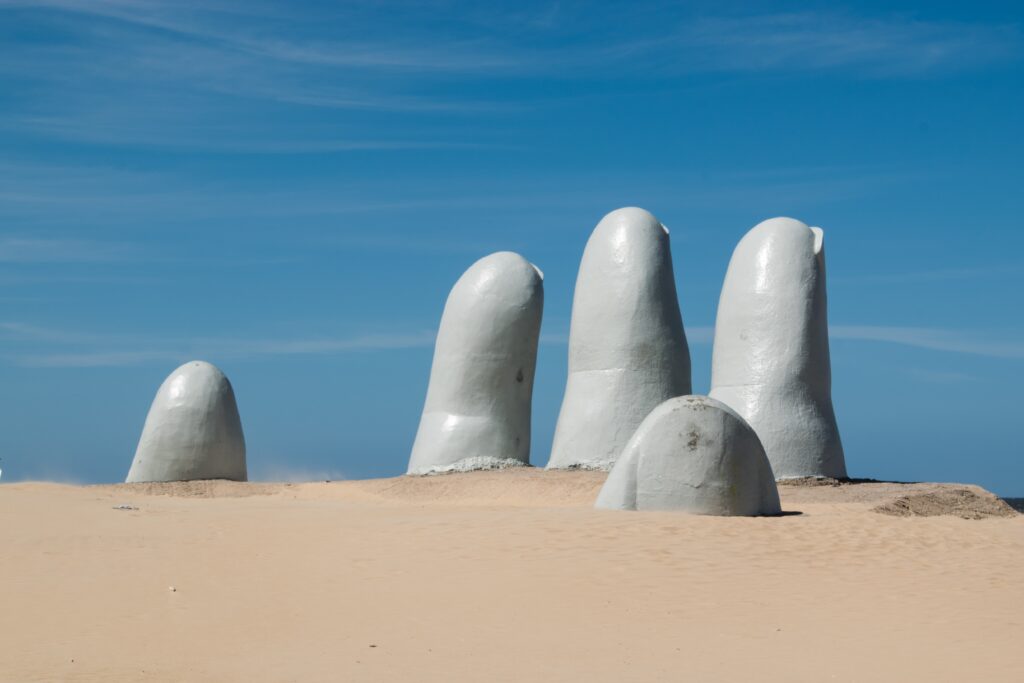10 Countries You May Not Have Thought Were LGBTQ+ Friendly
Many people could probably name some countries that are LGBTQ+ friendly. There are those that were the first to legalize equal marriage, such as the Netherlands in 2001, and others in the early 2000s such as Belgium (2003), Spain, and Canada (both 2005).
Fortunately, since the early 2000s, many countries in the West have followed suit, though some otherwise-liberal countries such as Switzerland, for example, did so surprisingly quite late. Switzerland will have equal marriage in 2022.
Whilst there are many countries around the world that are friendly to LGBTQ+ people in general, and some of those have decriminalized homosexuality, not all countries have legalized equal marriage, and so the countries in our list below have, at a bare minimum, made marriage available for all of us.
But what about those countries you didn’t expect to be LGBTQ+ friendly? So, here’s a list of countries you may not have expected to be LGBTQ+ friendly, and some may pleasantly surprise you!
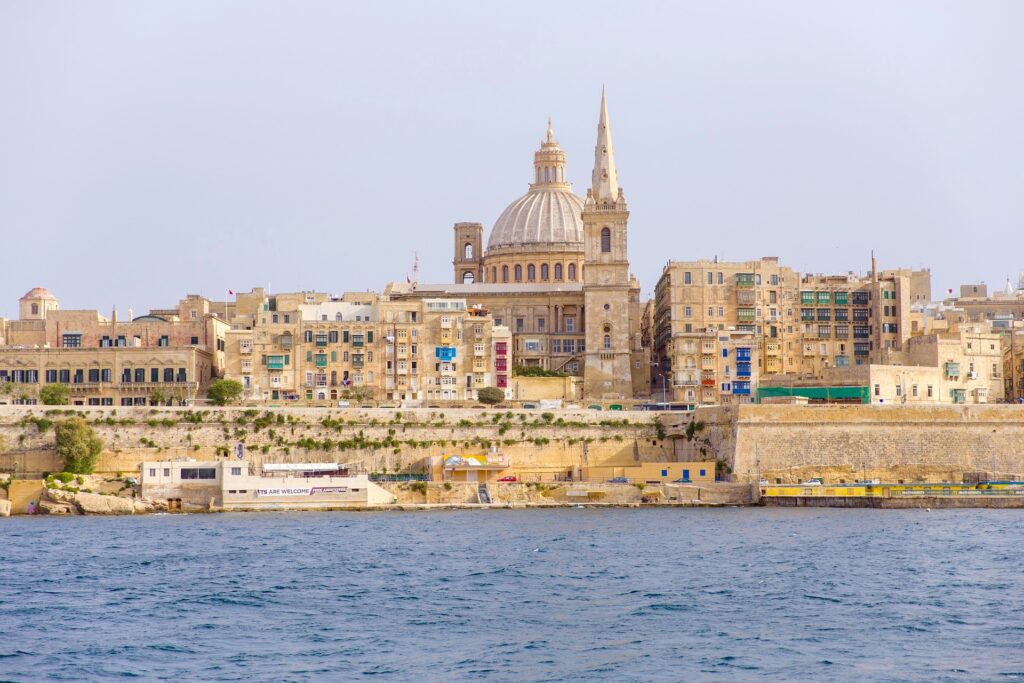
1. Malta
Malta, the tiny southern European island country that is an archipelago in the Mediterranean Sea, has a small population of more than 500,000 people, of whom 83% identify as Roman Catholic. Malta is a tourist favorite because of its unique sights, including in its capital Valletta, and the towns Mellieha, Saint Julian’s, and Sliema. Malta legalized equal marriage in 2017. According to Equaldex, the guide to LGBTQ+ rights by country, Malta also recognizes trans and nonbinary people, allows LGBTQ+ adoption, and has banned conversion therapy. All of these are more reasons to visit this beautiful Mediterranean jewel.
2. Costa Rica
This Central American country is known for its lush, unspoiled nature, beautiful beaches, unique wildlife, commendable conservation, and environmentalism. Ninety-eight percent of its energy is renewable, according to the United Nations Environment Programme (UNEP). Arenal Volcano, Manuel Antonio National Park, the Monteverde Cloud Forest, Tabacón Hot Springs, and the queer-friendly capital city, San Jose, are all reasons to visit this eco-friendly country. Costa Rica legalized equal marriage in 2020 becoming the first Central American country to do so. Transgender people are recognized, and LGBTQ+ adoption is legal. Other Central American countries have much to learn from Costa Rica.
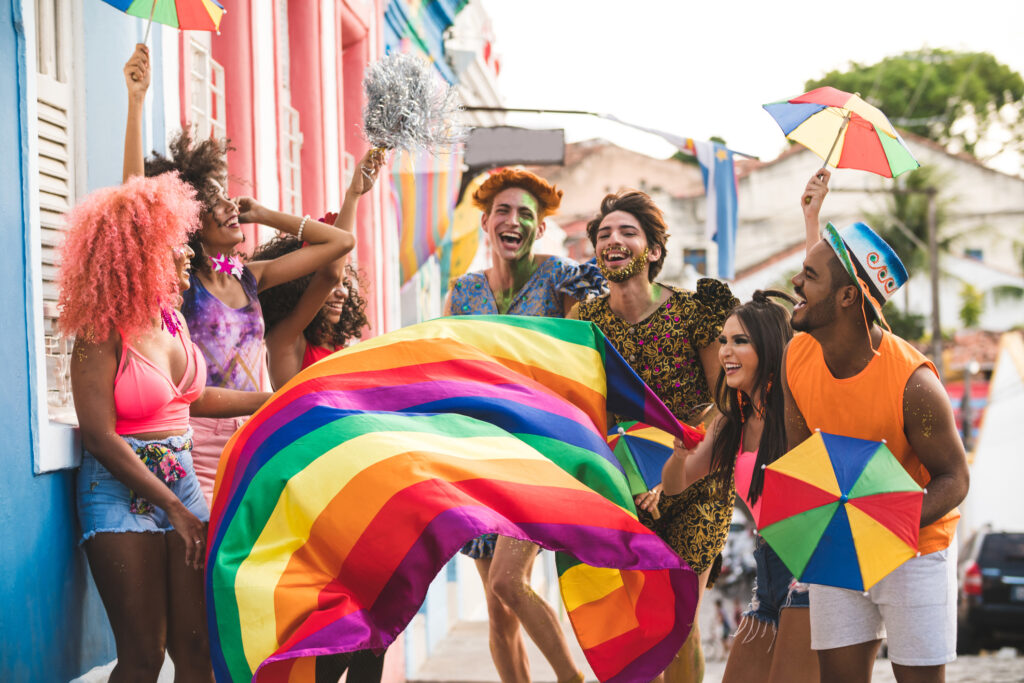
3. Brazil
This country has some of the best LGBTQ+ rights in Latin America and the world, with equal marriage being legalized nationwide in 2013. LGBTQ+ adoption, blood donation, and gender recognition are all legal, with conversion therapy banned too. Brazil is known for its world-famous beaches, such as Copacabana Beach, Ipanema Beach, and lesser-known LGBTQ+-friendly clothing-optional beaches such as Praia da Galheta Beach in Florianopolis. São Paulo and Brasilia are big cities not to be missed but joining thousands of revelers at carnival celebrations in Rio de Janeiro and Salvador de Bahia are immersive experiences you’ll never forget!
4. Taiwan
Get an in-depth history of Taiwan at the National Palace Museum, head to Sun Moon Lake for a picturesque honeymoon, take a spiritual stroll at Fo Guang Buddhist Monastery, take an adventurous hike on Sanxiantai Island, or just hang out in Taipei’s LGBTQ+-friendly Red District. Another reason to visit this country is that it’s the first Asian country to legalize same-sex marriage in 2019. Unfortunately, it remains the only Asian country to have equal marriage. Taiwan offers beautiful sights and exciting traditions to experience, so a visit to the first Asian country to make marriage equal for all is a must.
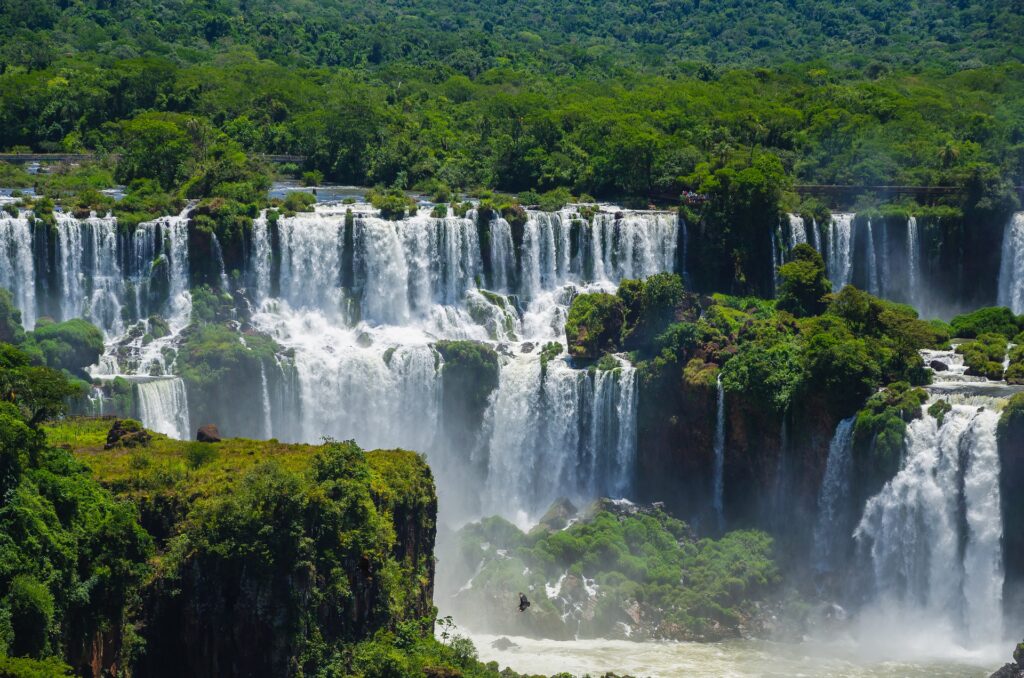
5. Argentina
Speaking of firsts across continents, Argentina became the first Latin American country to legalize equal marriage in 2010. Argentina has much to be proud of, including the fact that conversion therapy is banned, there is gender recognition for transgender and non-binary people, LGBTQ+ adoption, and donating blood equality. Amongst its diverse landscapes including jungles to deserts to the ocean and mountains, are the one-of-a-kind attractions of the Iguazú Falls, glaciers, lakes, the colorful capital Buenos Aires, and so much more. With those stunning views and beautiful scenery unlike anywhere else in the world, you need to visit Argentina.
6. South Africa
South Africa is the first – and to date, the only – African country to legalize equal marriage. It did so in 2006, which was long before New Zealand (2013), the USA (2015), and Australia (2017). Clearly, South Africa is more ahead concerning LGBTQ+ rights than much of the Western world. Their beloved Nobel peace laureate Archbishop Desmond Tutu—a champion for LGBTQ+ rights himself—coined the term ‘Rainbow Nation’ at the end of Apartheid. He was referring to multiculturalism in the country because South Africa has 11 official languages. It looks like there’s a new meaning for the ‘Rainbow Nation’ with their embracing LGBTQ+ rights. Famous tourist destinations include Kruger National Park, the three capital cities of Cape Town, Pretoria and Bloemfontein, and the megacity Johannesburg, amongst so many other sights from cities to national parks and mountains to the sea.

7. Colombia
Alongside some of its neighboring countries, Colombia has proved to be an ally to LGBTQ+ people in legalizing equal marriage in 2016. With LGBTQ+ adoption and blood donation also legal, Colombia is certainly on the right path. Its gorgeous paradise-like destinations and unforgettable cultural experiences make this LGBTQ+-friendly country well worth a visit. Key highlights include Ciudad Perdida (Lost City), an archaeological site of an ancient city in the Sierra Nevada de Santa Marta isolated mountain range. This ancient city is said to have been founded in 800, six centuries earlier than Peru’s Machu Picchu. Other must-see stops include the Salt Cathedral of Zipaquirá (an underground church), various national parks and beaches, and the bustling capital of Bogotá.
8. Ecuador
Similarly, Ecuador has joined its neighbors in legalizing equal marriage in 2019. And with gender recognition legal, and conversion therapy banned, Ecuador is certainly progressive. The Galápagos Islands—so diverse in wildlife that it inspired Charles Darwin’s theory of evolution—and the capital Quito, the closest capital city to the equator, are reasons why you should consider visiting this beautiful country.
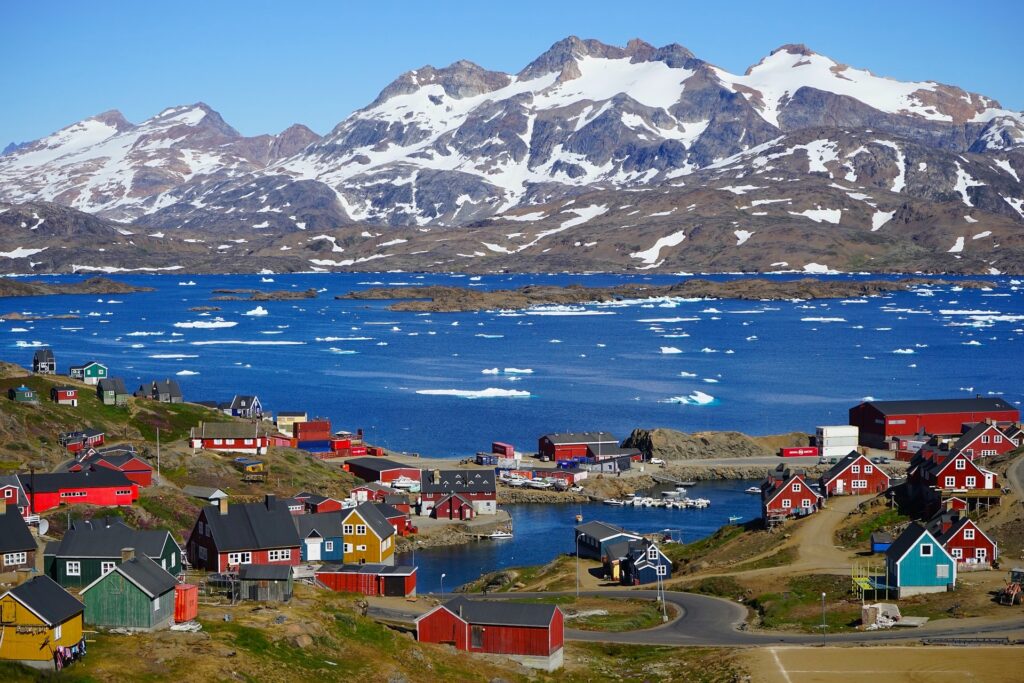
9. Greenland
Though Greenland is technically an autonomous territory of Denmark and not an independent country per se, Greenland is self-governing; whilst Denmark legalized equal marriage in 2012, Greenland did so three years later. A visit to Greenland, the world’s largest island, will surely be unforgettable. Greenland is located between the Arctic and Atlantic Oceans, and geographically part of North America and yet politically associated with Europe. The country is known for its icy landscape of icebergs and glaciers, its ideal location for viewing the Northern Lights and whales, its soothing hot springs, and its historic Viking ruins.
10. Uruguay
Along with its bordering countries Argentina and Brazil, Uruguay has proved itself as a friend to LGBTQ+ people by legalizing equal marriage in 2013. In Uruguay, LGBTQ+ adoption, blood donation, and gender recognition are all legal. Uruguay is unique and worth adding to your travel bucket list. Consider visiting Dayman Hot Springs in Salto, Brava Beach and Playa Mansa in celebrity-famous Punta del Este, or Montevideo, the country’s beautiful capital city.
